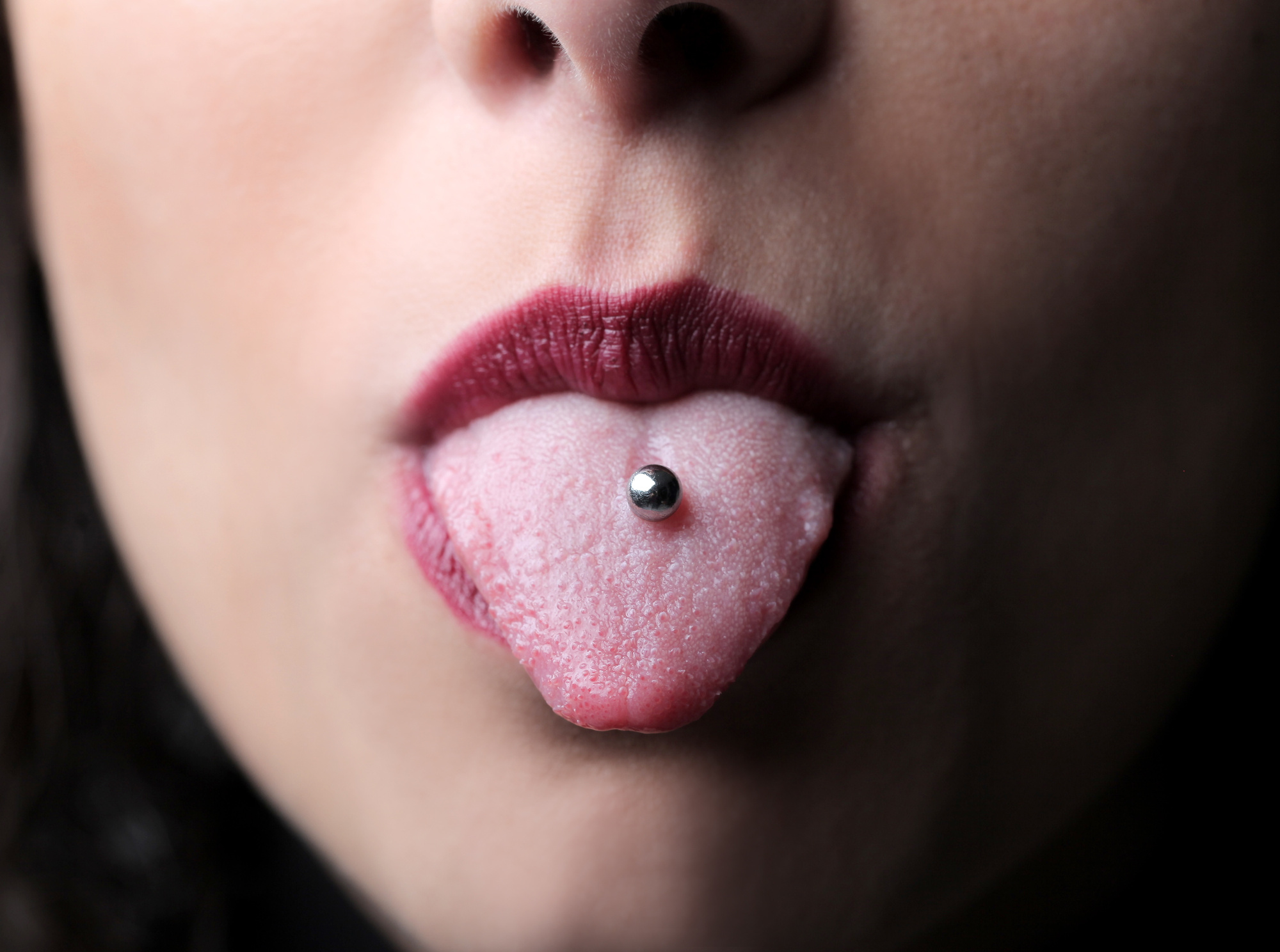Getting a piercing puts you at risk of getting an infection due to the open wound. There are two primary reasons it happens—a dirty piercing area or improper piercing care.
Consider choosing the right piercer to lessen the risk. Make sure these experts know proper techniques and have the equipment.
As for improper piercing care, adopting healthy habits is essential. If you have no idea where to start, our guide can help. Check out what you need to know about body piercing care below.
Table of Contents
1. A Piercing Is an Open Wound
A piercing is an open wound, so you have to treat it as such. Avoid touching the wound and leave it alone whenever possible.
Your hands are home to 80% of illness-causing germs. Dirt and bacteria can accumulate under your fingernails.
You can get these germs from any surface you touch, including other peoples’ hands. You can transfer them into your piercing, causing infection.
Before touching the piercing for cleaning purposes, wash your hands thoroughly. The soap and water combo is enough to kill the microbes.
2. Hair Can Transfer Bacteria to the Wound
Did you know your hair also holds on to all the dust, dirt, grime, and other substances? Your hair products remain even after rinsing them. It picks up bacteria and other particles from the air from various surfaces.
For this reason, avoid hair contact with the wound during the healing process. It applies more when you have ear piercings. Keep your hair back using a headband or hair ties.
At night, pull your hair upward if you have long hair. This habit also lessens the risk of hair tangling with your piercing jewelry while sleeping.
3. Fresh Piercings Are Sensitive
Even with clean hands, avoid touching the piercing unless necessary. Never pull and tug at the skin surrounding it. Also, avoid turning the jewelry since it irritates and delays healing.
For piercings coming in contact with clothes, such as on the navel or nipple, ensure the clothing is clean at all times. Avoid wearing tight fabrics and lace while the site is healing.
If you have to rotate the jewelry, do it while the area is wet. Otherwise, the dryness might aggravate the wound.
4. There Are Right and Wrong Cleaning Solutions
People suggest a lot of cleaning solutions. The same applies to piercers since they have different recommendations. When you read a lot about taking care of your piercing, you will likely see conflicting suggestions.
However, the best choice for your piercings is a saline solution. Your body piercer should give you one. If not, you can always buy or make one.
Soap and water are also safe. Try to use oil-based soaps whenever possible. They help soften the healing tissue.
Some people might suggest alcohol, but it is not ideal. At the very least, it will make the wound sting. Worse, alcohol dries the wound out, causing cracking and bleeding.
5. You Have to Keep the Jewelry In
When we say to leave the piercing alone, we also mean leaving your jewelry in even while sleeping. New piercings have to stay in place no matter what. Otherwise, taking the jewelry out means the wound will close right away.
The wound has to heal with the jewelry intact. When the holes close up, you must wait several weeks to get the area pierced again.
6. Some Types of Piercings Require More Care
The type of body piercing care necessary for your wound depends on the area. Some require more than others.
For example, you have to be more careful with what you eat when you have oral piercings. It means rinsing more often on top of brushing your teeth at least twice a day. Use warm salty water when rinsing since salt has antibacterial properties.
If you are unsure, ask the piercer for body piercing care tips. They can give specific tips since they know best about your pierced site.
7. Your Overall Health Affects the Healing Process
You can help the healing process along by keeping your body healthy. It helps ward off any infection. With proper nutrients, you can speed up the healing time.
Piercing wounds are tiny, but they will still benefit from good habits. Get as much rest as you can so the body has enough time to work on the wound.
Pay attention to what you eat and drink. Keep yourself hydrated at all times, eat your veggies, and stay away from smoking and alcohol whenever possible.
8. Irritation Can Mimic Infection
Even with proper piercing care, there’s still a chance of getting an infection. Sometimes, it’s because you left it wet for too long. Other times, it can be due to cheap jewelry.
Because of this, trust only high-quality piercings like Body Pierce Jewelry.
When an infection happens, you need to get treatment right away. Look out for the following signs of infection:
- Extreme redness
- Discolored pus
- Pain or tenderness
- Warm to the touch
- Excessive swelling
Unfortunately, a lot of these signs also appear in wound irritation. It is more common than an infection, but customers understandably panic because of the similarities.
If you’re experiencing one or more of these signs, go to the piercer. Your piercer should be your first stop. They’ll look at it and tell you whether you need to go to a doctor or not.
Avoid going to a doctor since they often write it off as an infection.
Learn More About Proper Piercing Care Now
Piercings are such a regular process people sometimes take them for granted. Remember, you are still getting a wound, which can take weeks to heal. To avoid future grief, consider following these tips.
However, learning about self-care is only the beginning. Consider looking for the best body piercer in your area. Check their online reputation and ensure they have more positive reviews from satisfied customers.
Did you find this guide helpful? If so, read our other posts today.



